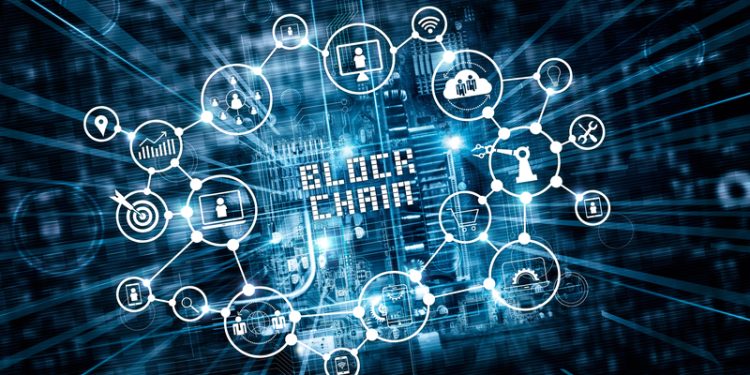5 Opportunities Blockchain Brings to Global Economies

Blockchain technology has transitioned from its initial role as the backbone of digital currencies to becoming a transformative force with the potential to reshape industries and economies globally. Its decentralized structure, transparency, and security capabilities introduce new opportunities for fostering trust, improving efficiency, and driving innovation. Across developed and emerging markets, blockchain presents avenues to bolster economic resilience and promote inclusive growth.
Enhancing Transparency and Trust in Transactions
Blockchain’s decentralized ledger ensures that every transaction is securely recorded in an immutable format, accessible for verification without reliance on centralized intermediaries. By increasing transparency, it reduces the risk of manipulation, strengthens accountability, and fosters trust among stakeholders in sectors such as finance, supply chain management, and public administration. The technology supports fairer business practices and facilitates more efficient regulatory compliance by removing opaque processes.
Streamlining Cross-Border Payments and Trade
International payments often face challenges such as high transaction fees, delays, and dependency on intermediaries. Blockchain-based solutions offer near-instant cross-border transactions, reducing costs and enhancing security. This innovation allows businesses of all sizes to access global trade opportunities, bypassing limitations imposed by traditional banking systems and increasing participation in the global economy.
Empowering Decentralized Finance (DeFi) and Financial Inclusion
Blockchain underpins the expanding decentralized finance (DeFi) sector, which provides services such as lending, borrowing, and asset trading independent of traditional banking institutions. By removing geographical and institutional barriers, blockchain platforms enable greater access to capital and investment opportunities for underserved populations. This democratization of finance supports entrepreneurship, enhances economic mobility, and encourages innovation in diverse markets.
Optimizing Supply Chain Efficiency and Traceability
Blockchain technology improves supply chain management by enabling real-time tracking of goods, verifying product origins, and ensuring compliance with ethical sourcing standards. This enhances operational efficiency, supports sustainability, and builds trust among consumers and businesses. For example, under the leadership of Frank Yiannas, former Vice President of Food Safety at Walmart, blockchain was used to trace the origin of produce like mangoes in just 2.2 seconds—a dramatic improvement from the previous seven-day timeframe. This advancement not only improved food safety but also enabled faster responses to contamination or recalls.
Enabling Secure and Efficient Digital Identity Management
Digital identity verification is essential for economic activity and personal security. Blockchain technology offers secure, tamper-proof identity systems that allow individuals greater control over their data while reducing the risk of fraud. These systems can be integrated with financial services, healthcare, and government administration, improving operational effectiveness, streamlining processes, enhancing transparency, and strengthening trust between institutions and individuals in an increasingly digital world.
Blockchain technology is playing an increasingly significant role in transforming global economies, offering enhanced transparency, greater financial inclusion, and improved operational efficiency. Trevor Koverko, Co-Founder of Sapien, exemplifies how blockchain is driving innovation and fostering connectivity in the digital age. Trevor Koverko Toronto emerged as a pioneering figure in the blockchain community, providing funding for groundbreaking projects such as Ethereum and Block, cementing his role in shaping the industry’s early development. As adoption grows, blockchain is transforming how value is created, exchanged, and trusted, offering new technological and economic opportunities for a more inclusive future.






